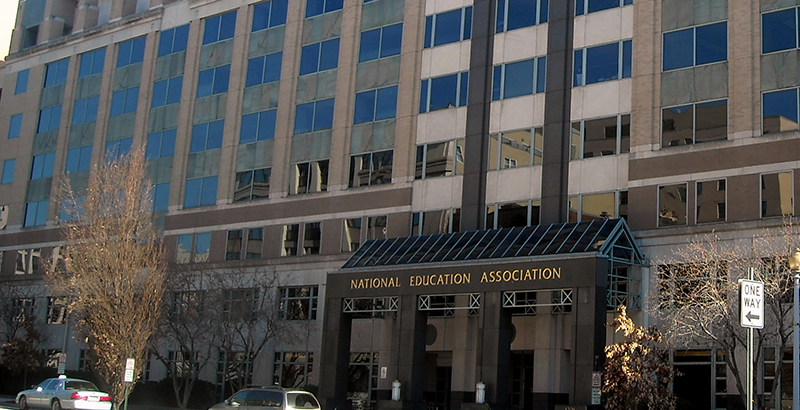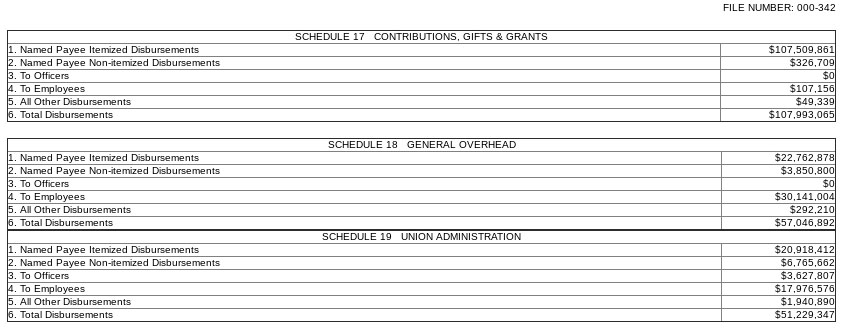Union Report: New Federal Regulation Could Extend Financial Disclosure Rule to All State-Level NEA Affiliates

Mike Antonucci’s Union Report appears Wednesdays; see the full archive
Dozens of National Education Association state affiliates may find themselves subject to detailed financial disclosure requirements if a new regulation is put into effect. That regulation is the “intermediate bodies” rule, which would extend to midlevel public-sector unions reporting regulations that currently apply to private-sector unions. The U.S. Department of Labor forwarded the rule to the White House Office of Information and Regulatory Affairs on Aug. 9 for final review.
Under the Landrum-Griffin Act of 1959, labor unions are required to annually disclose and itemize virtually every financial transaction they make. Public-sector unions are generally exempt, but if they have even one private-sector member, that triggers the act’s oversight.
Virtually all state affiliates of the American Federation of Teachers already file a disclosure report, called an LM-2. NEA is different in that most of its state affiliates are composed solely of public-sector members. For example, the California Teachers Association and the New Jersey Education Association have no private-sector members and have never filed an LM-2.
But the Pennsylvania State Education Association, by contrast, represents private-sector nurses and health professionals, so it is required to file an LM-2. And because those PSEA members are also members of NEA, NEA must file an LM-2 as well.
Under the proposed new regulation, all NEA state affiliates would have to file a disclosure report because they would be considered “intermediate bodies” of a national union that is subject to the Landrum-Griffin Act.
The Labor Department under President George W. Bush tried to implement the rule in 2003, but NEA tied it up in litigation for years before the courts ruled in favor of the department in 2009. But by then, President Barack Obama had assumed office, and his Labor Department rescinded the rule.
We can expect NEA to go to court again, but at least one state affiliate is preparing for an adverse ruling. The Massachusetts Teachers Association, which is currently not required to file an LM-2, has already budgeted for a specialist to prepare one in 2019-20.
Should the regulation be enacted, virtually all expenditures of every NEA state affiliate will become public record. But don’t hold your breath. The regulatory process is so long and bureaucratic, we may once again have a new president before it happens.
Help fund stories like this. Donate now!

;)
